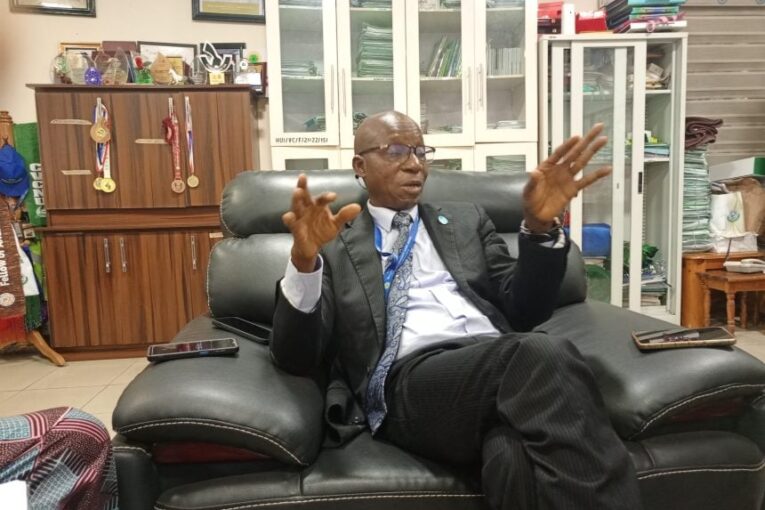
The outgoing Vice Chancellor of Al-Hikmah University, Ilorin, Professor Noah Yusuf, has urged the National Assembly (NASS) to review the Act establishing the Tertiary Education Trust Fund (TETFund) to enable private universities benefit from its supplementary support—currently reserved for public tertiary institutions in Nigeria.
Speaking with journalists in Ilorin, Professor Yusuf, whose tenure ended on Monday, argued that TETFund derives its revenue from private organizations in the country, and therefore, private universities should also be eligible for support.
The university don noted that private institutions could achieve more in terms of infrastructure, research, and learning if given access to TETFund, and he appealed to NASS to amend the Act accordingly to accommodate private universities.
Reflecting on his tenure, Professor Yusuf expressed regret that he was unable to establish a printing press for the university during his five-year term, “despite the fact that the university had already committed over ₦7 million to the project.”
He said “certain circumstances” hindered the plan.
Despite that setback, Professor Yusuf highlighted several milestones achieved under his leadership, including the introduction of inaugural lectures, annual reports, and the establishment of international schools.
According to him, he assumed office in July 2020, at a time when the university was “virtually at a standstill,” with minimal infrastructure in place.
“At the time, we had three campuses — Igbaja (spanning over 100 hectares), Adeta, and Atere — none of which were fenced. Today, they are all fully fenced,” he stated.
“Also, when we assumed office, the institution had 45 academic programmes and over 3,000 students. Within three months, the National Universities Commission (NUC) scheduled a visit to accredit 23 of our courses.
“We were able to secure accreditation for 21 of those courses at the time. Two years later, the remaining two also received full accreditation. Today, all our courses are fully accredited,” he explained.
On infrastructural development, Yusuf said his administration successfully transformed the Igbaja campus with the construction of four farmhouses and established a gym and recreational centre at the Adeta campus.
“We also built hostels at the Atere campus with donations from former Katsina State Governor, Aminu Masari. That helped us gain the trust of our students because we live among them and patronise the same facilities,” he added.
Describing his tenure as a period of revival for the university, he stated, “When I came on board, the school was almost at a standstill, but we were able to rescue and restore it.”
Professor Yusuf also emphasized the transformation of the university’s working and learning environment during his tenure, recalling: “When I came on board, I called on my staff to share their challenges with me.”
He added that over 40 percent of the staff had been supported with loans, while many others benefited from sponsorships to attend local and international training and conferences—initiatives that, he said, not only improved staff morale but also enhanced academic delivery.
The university, he noted, is currently ranked as the top private university in Kwara State, second overall in the state, and third among private universities in Nigeria—a feat he attributed to collective effort and innovation.
Al-Hikmah University, according to him, has also embraced hybrid learning models, blending virtual and physical instruction.
“Our academic programmes have received full accreditation from the NUC, a testament to the university’s academic strength,” he said with pride.
Another major highlight of his tenure is the structural development across all campuses, which he said has led to increased student enrollment.
Notably, the Igbaja campus stands out for its agricultural programme, which, according to Professor Yusuf, is completely tuition-free.
“We deliberately made the agricultural programme tuition-free,” he explained, “because we want to empower young Nigerians to feed the nation.”
Professor Yusuf concluded by reaffirming his vision of Al-Hikmah University as a centre of excellence that blends faith and scholarship.




